Protists and Fungi: Diversity and Evolution
1/27
There's no tags or description
Looks like no tags are added yet.
Name | Mastery | Learn | Test | Matching | Spaced |
|---|
No study sessions yet.
28 Terms
Wood Wide Web
Soil fungi network connecting trees for resource sharing.
Autogenesis
Prokaryote membrane infoldings leading to compartmentalization.
Endosymbiosis
One organism lives inside another's cells.
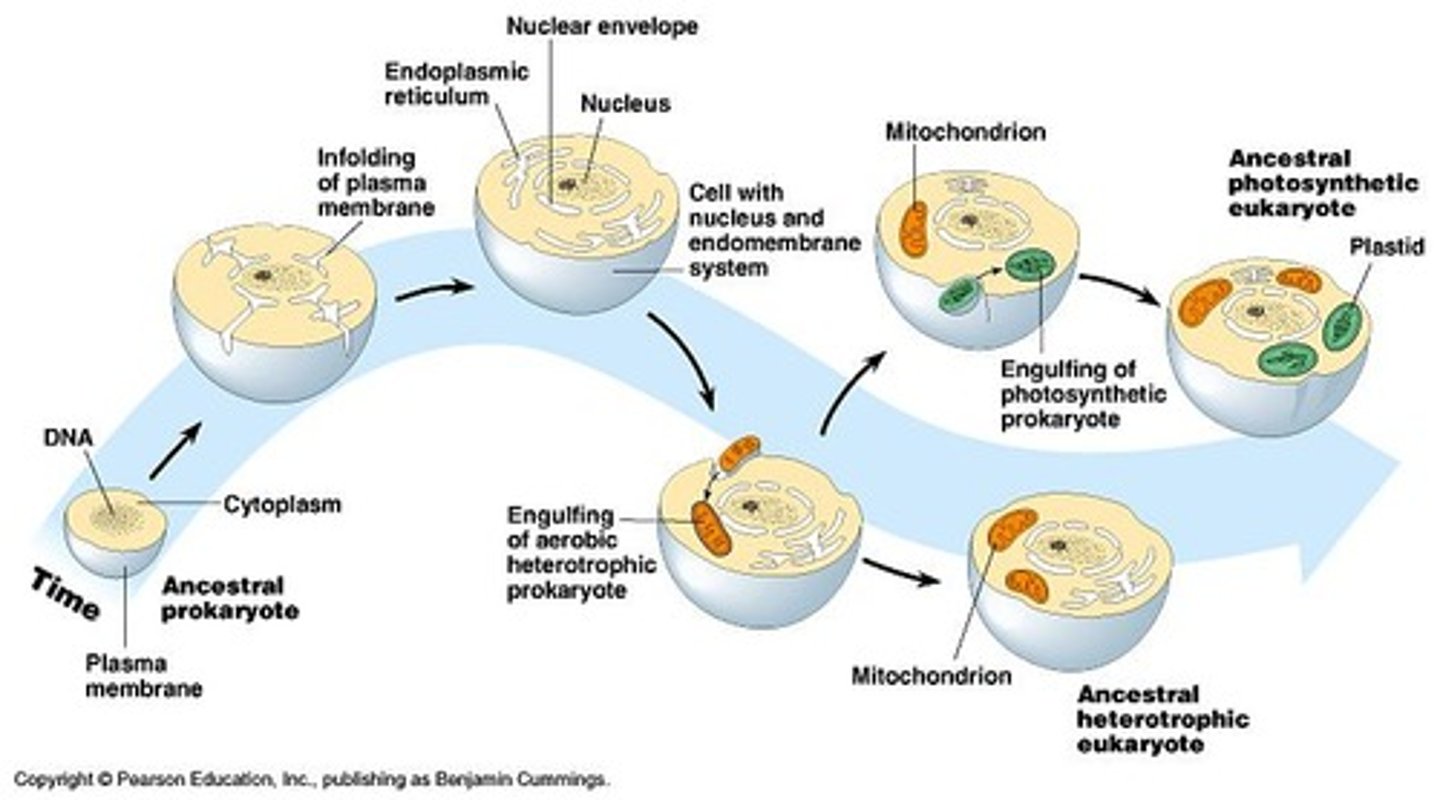
Plastid
Double membrane organelle in plants and algae.
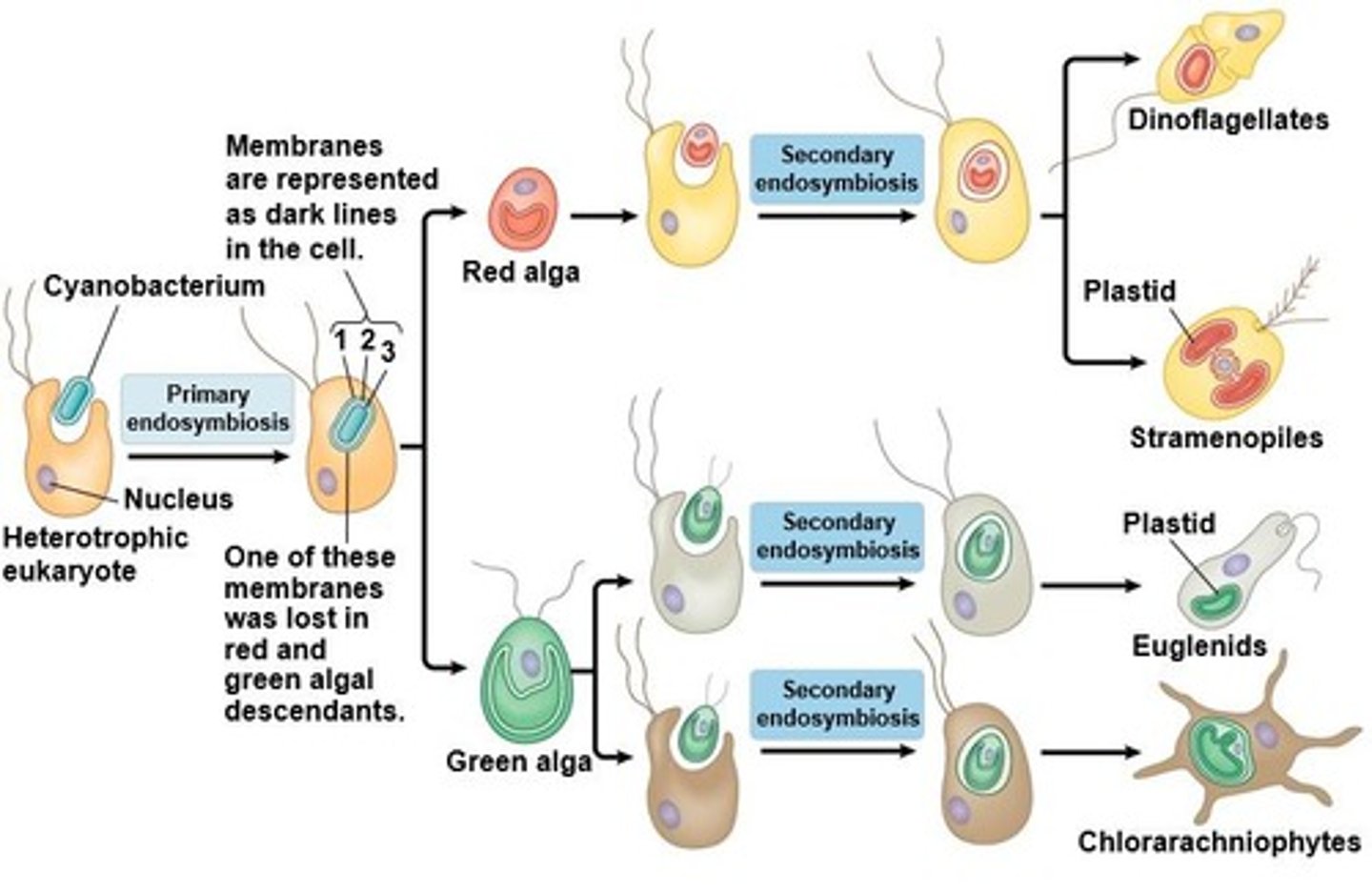
Protista
Diverse eukaryotic organisms not classified as plants, animals, fungi.
Unicellular
Most protists are single-celled organisms.
Aquatic Environment
Nearly all protists inhabit water-based ecosystems.
Motile Protists
Protists that can move using flagella, cilia, or pseudopodia.
Binary Fission
Asexual reproduction method where one cell divides into two.
Diatoms
Unicellular algae with silica cell walls, important producers.
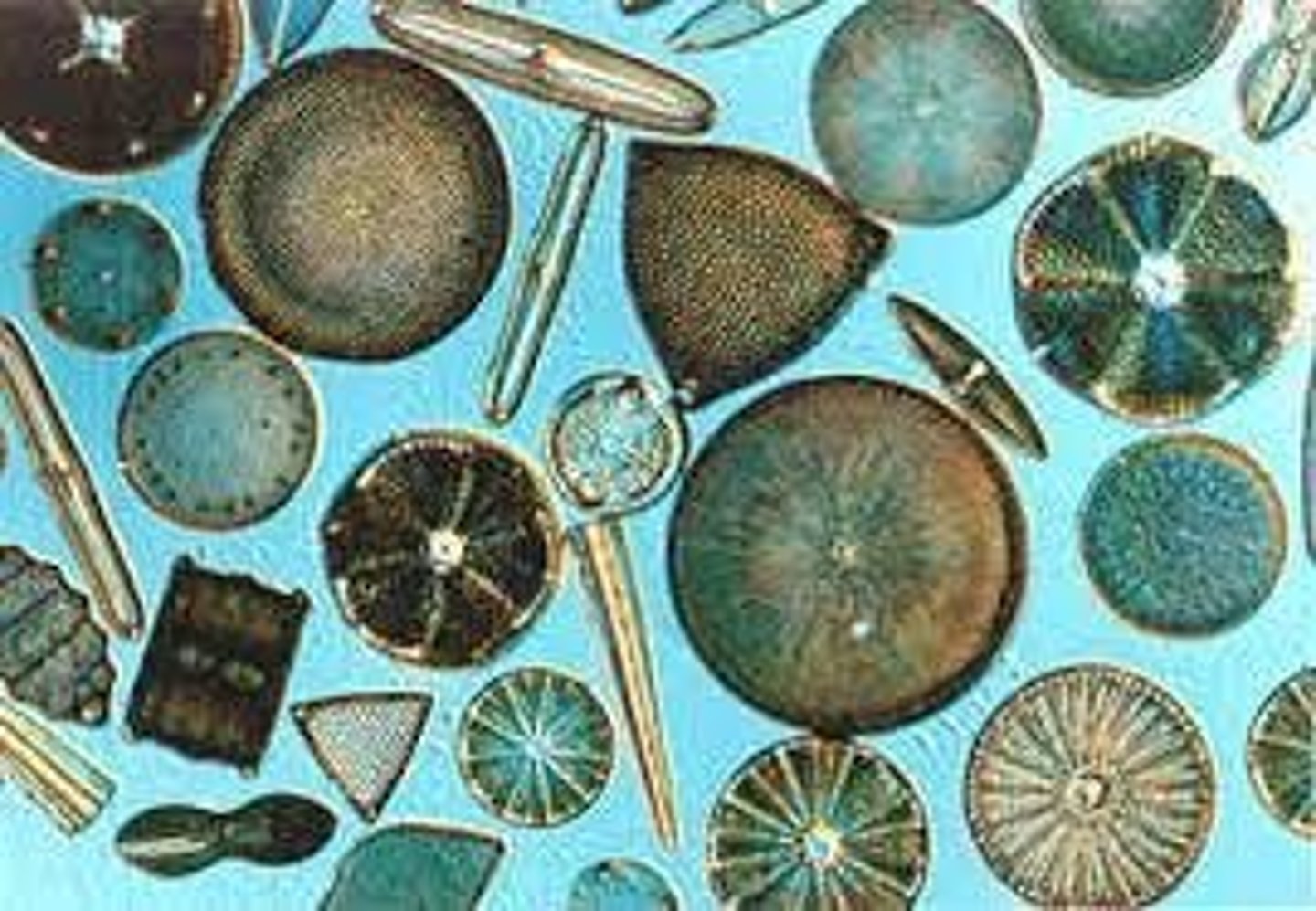
Dinoflagellates
Planktonic protists with two flagella and cellulose walls.
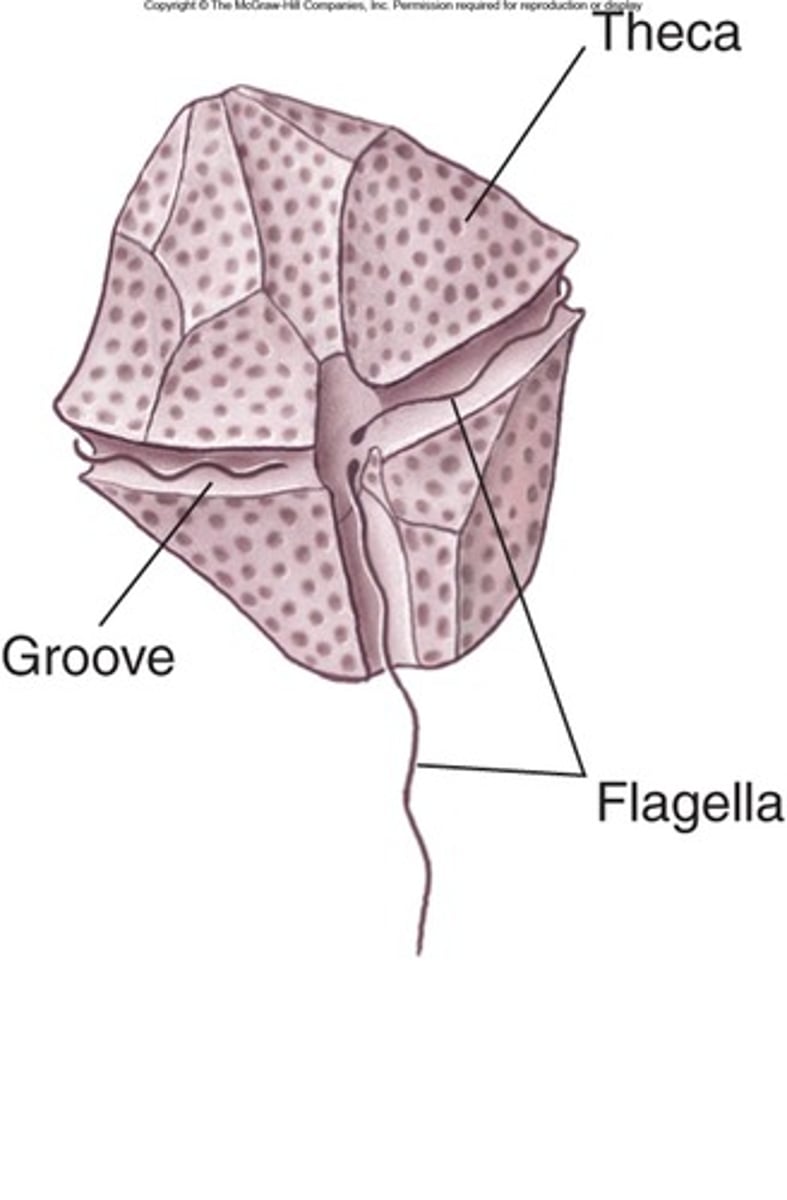
Red Tide
Blooms of dinoflagellates causing harmful algal blooms.
PSP
Paralytic shellfish poisoning caused by Saxitoxin.
Brown Algae
Multicellular algae, important for marine ecosystems.
Red Algae
Marine algae with cellulose walls and phycoerythrin pigment.
Green Algae
Freshwater algae with chlorophyll A and B pigments.
Slime Molds
Multinucleate protists that can form large, colorful masses.
Fungi Characteristics
Decomposers, mostly multicellular, not photosynthetic.
Hyphae
Filamentous structures forming the vegetative growth of fungi.
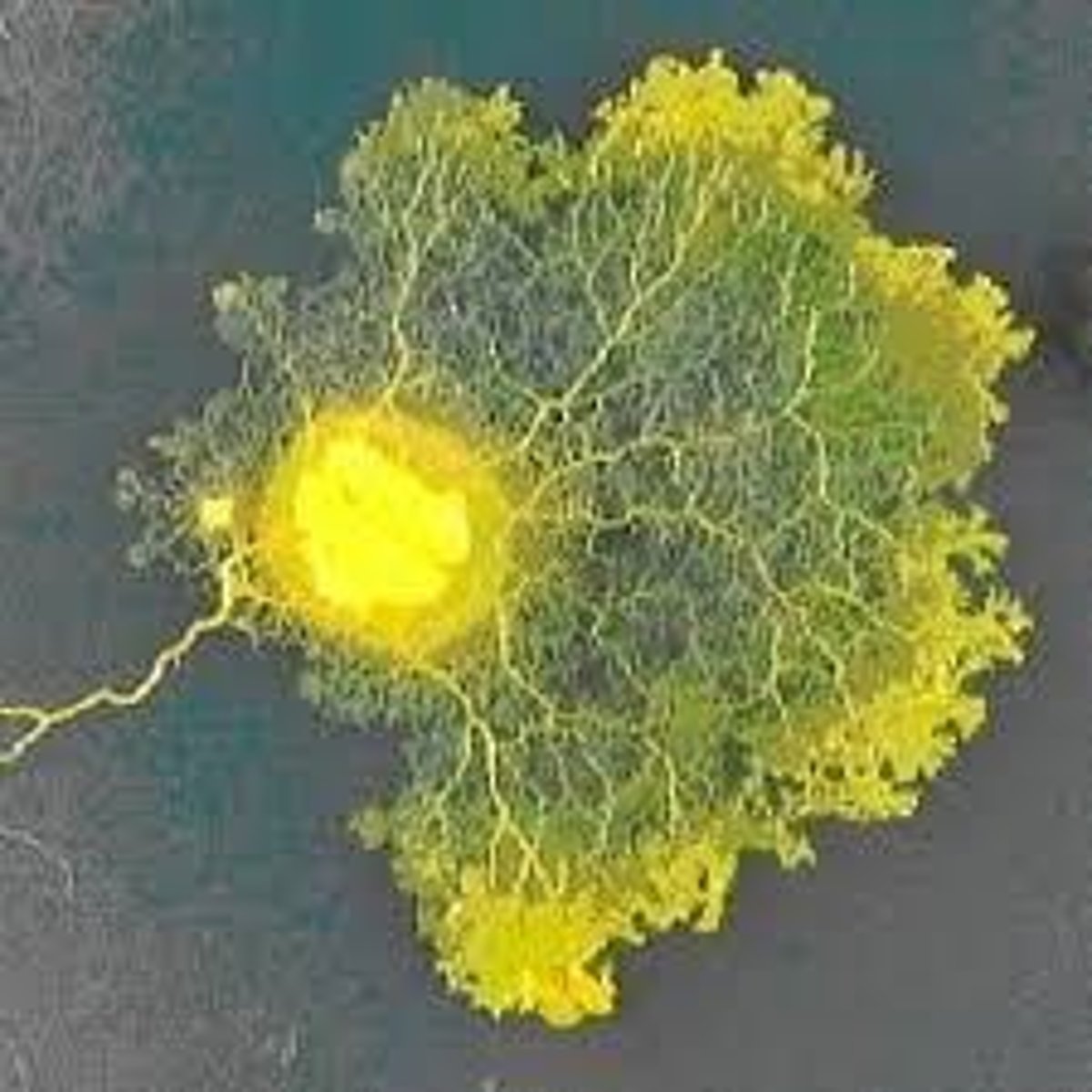
Mycelium
Interwoven mass of hyphae in fungi.
Heterotrophic Saprobes
Fungi obtaining nutrients from decaying organic matter.
Chytridiomycetes
Simple fungi with motile spores, aquatic habitats.
Zygomycetes
Terrestrial fungi including bread molds, known for sporangiospores.
Ascomycetes
Fungi producing spores in sac-like structures called asci.
Basidiomycetes
Fungi producing spores on basidia, includes mushrooms.
Lichen
Mutualistic association between fungi and algae.
Mycorrhizae
Fungi-plant symbiosis enhancing water absorption.
Penicillin
Antibiotic derived from Penicillium fungi.